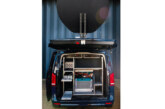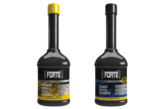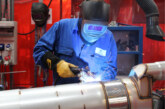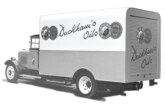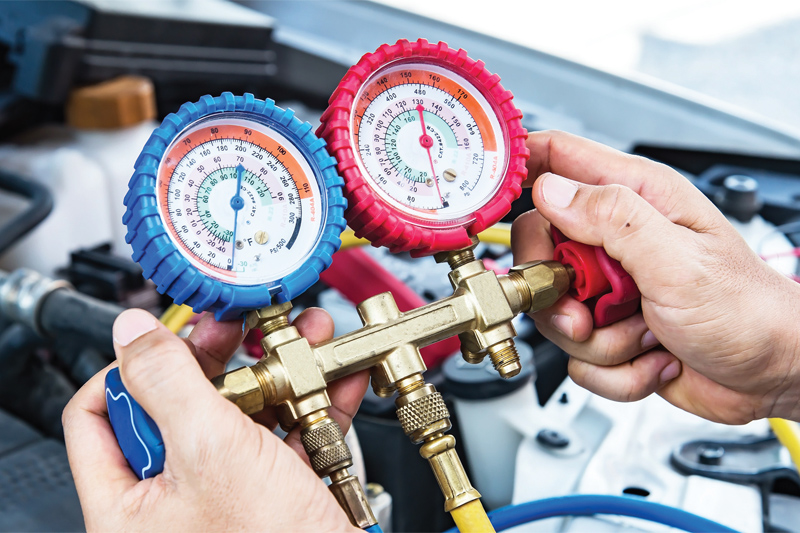
Andy Craddock, Technical Product Manager for Gemco, explains why having the facility to service heating and air conditioning is so crucial.
Around 90% of your customers have air-conditioning fitted to their vehicle, therefore, you already have an existing customer base for your air con business. If you cannot repair their air conditioning they may go elsewhere, and you could potentially lose all their business. But if you properly kit yourself out for the job, then you can look after your existing customers and potentially attract new ones.
The modern air-conditioning machine is an environmental recycling centre. It removes refrigerant from the car and separates oil. It also cleans, dries, and stores the refrigerant for re-use. Most are fully automatic, taking between five and ten minutes of your technician’s labour for each re-charge.
If you invest approximately £3,000 to £3,500 in an air-con machine, oils, leak dyes, a nitrogen leak test kit, and technician training, you could expect to get payback in 12 months, with only six jobs per month. This is based on a £50 re-charge fee, minus the costs for oil, dye, refrigerant, and labour. The estimated gross margin is 80%.
AC servicing tips
Leak testing
Adding ultra-violet dye to every vehicle you re-charge will help you identify leaks faster. If the vehicle in your workshop has no refrigerant in the system, identified by zero pressure on the gauges of the machine, then you should pressurise the system with Oxygen Free Nitrogen (OFN) and investigate the leak with your ultra violet lamp.
Low refrigerant
The most common fault in the automotive air-conditioning field is caused by low refrigerant, and all that’s required is a straightforward recharge. All vehicles with AC fitted lose between 10-15% of their refrigerant per year, so every two years the system will not work efficiently due to lack of refrigerant. Potentially 50% of your vehicles will need maintenance every year. This does not include any additional work due to component failure.
Air conditioning: the law
All technicians working with refrigerant gases must have an F gas certificate, gained by attending an approved training course and passing the end of course examination (IMI or City & Guilds).
All light commercial vehicles from before 2012 use refrigerant R134a. Vehicles built after 2012 use refrigerant R1234yf. Since 2017, light commercial vehicles have been required to use R1234yf. At present, agricultural vehicles and truck cabs can continue to use R134a.
You will need a R134a machine for all existing vehicles, plus a R1234yf machine for all vehicles homologated after 2012. Some dual-gas machines are available which can work with either system, but you should decide if two separate machines would be a better fit. After all, a dual-gas machine can only work with one vehicle at a time, whereas two separate machines could offer more flexibility by working two vehicles simultaneously.
The Bradbury range from Gemco
There are two models available:
BACP222YF:
Fully automatic unit suitable for R1234YF refrigerant gas
BACP202:
Fully automatic unit suitable for R134a refrigerant gas


